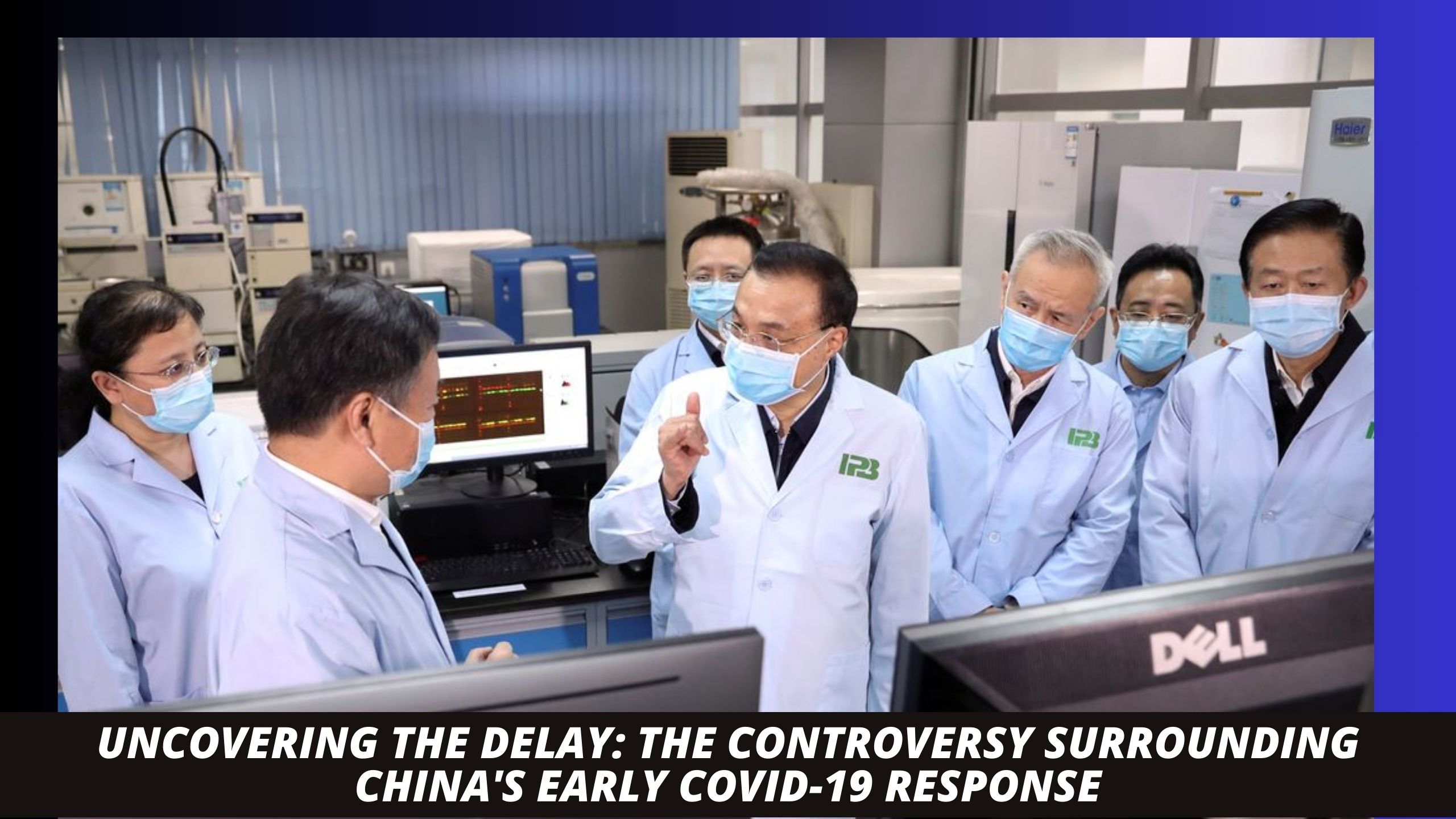Investigation Reveals Potential Delay in COVID-19 Sequence Disclosure

Uncovering the Delay: The Controversy Surrounding China’s Early COVID-19 Response ( PHOTO: CHINA NEWS SERVICE/REUTERS)
In a recent revelation by The Wall Street Journal, questions have emerged regarding China’s early response to the COVID-19 pandemic. It discloses an attempt by a Beijing-based researcher to upload the genetic sequence of SARS-CoV-2, the virus responsible for COVID-19, to a US public database before the Chinese government’s disclosure. This potential lag has sparked concerns about valuable time lost for scientists and health officials.
On December 28, 2019, the US National Institutes of Health (NIH) attempted to upload the COVID-19 virus’s sequence to GenBank, a public database. On the other hand, the Chinese government had not yet alerted the World Health Organization about the mysterious pneumonia cases in Wuhan. It raises questions about whether public health efforts could have commenced earlier, potentially impacting the course of the pandemic.
The controversy deepens as it is evident from the GenBank database submission that Chinese scientists were aware, by December 28, that a new coronavirus was the cause of the pneumonia outbreak in Wuhan. This raises questions about the veracity and transparency of the information the Chinese government provided during the early stages of the epidemic.
READ ALSO: The Potential Outcome Of A U.S.-China War Over Taiwan: A Comprehensive Analysis
Further scrutiny reveals that after notifying the researcher of errors in the submission, the NIH staff still needs to receive an updated re-submission, and ultimately, the sequence data was not made public on GenBank. This has raised questions about the sufficiency of the NIH’s processes for handling the early COVID-19 sequence.
This discovery has sparked ongoing investigations by House Republicans into the causes of the COVID-19 pandemic. While it does not settle the question of the virus’s origin, it has intensified criticisms of China’s transparency. The revelation has sparked debates about the potential impact of an earlier disclosure on the global response to the pandemic.
READ ALSO: Taiwan Faces Diplomatic Setback As Nauru Cuts Ties, US Shows Support

















































